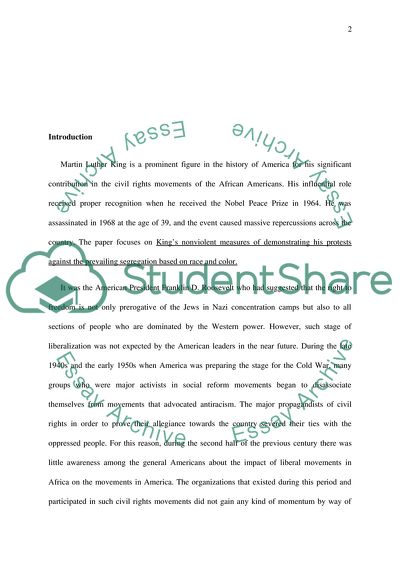Cite this document
(Martin Luther Kings Role in Shaping the American History Assignment, n.d.)
Martin Luther Kings Role in Shaping the American History Assignment. https://studentshare.org/history/1848590-2200-word-research-paper-topic-is-writers-choice
Martin Luther Kings Role in Shaping the American History Assignment. https://studentshare.org/history/1848590-2200-word-research-paper-topic-is-writers-choice
(Martin Luther Kings Role in Shaping the American History Assignment)
Martin Luther Kings Role in Shaping the American History Assignment. https://studentshare.org/history/1848590-2200-word-research-paper-topic-is-writers-choice.
Martin Luther Kings Role in Shaping the American History Assignment. https://studentshare.org/history/1848590-2200-word-research-paper-topic-is-writers-choice.
“Martin Luther Kings Role in Shaping the American History Assignment”. https://studentshare.org/history/1848590-2200-word-research-paper-topic-is-writers-choice.


